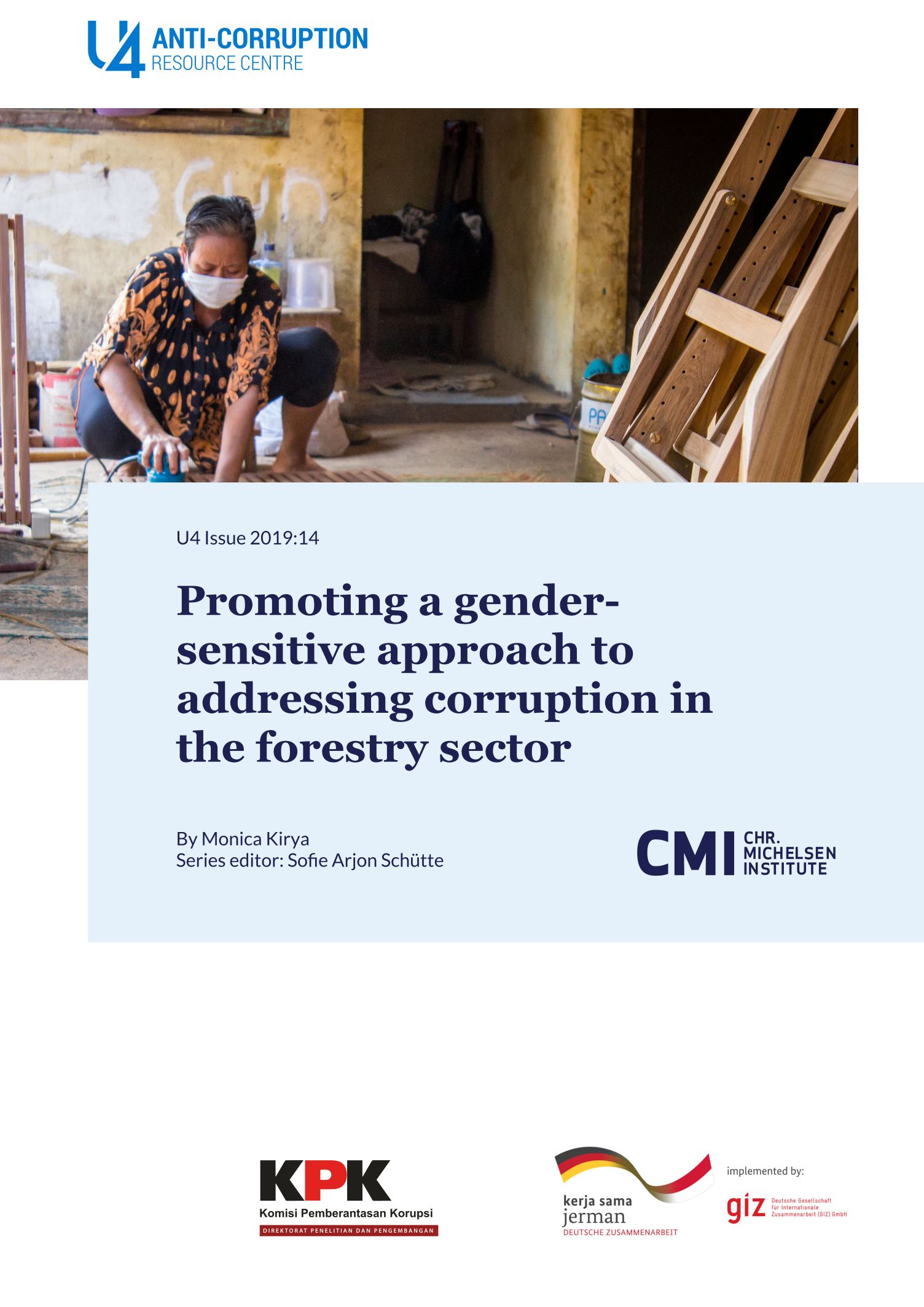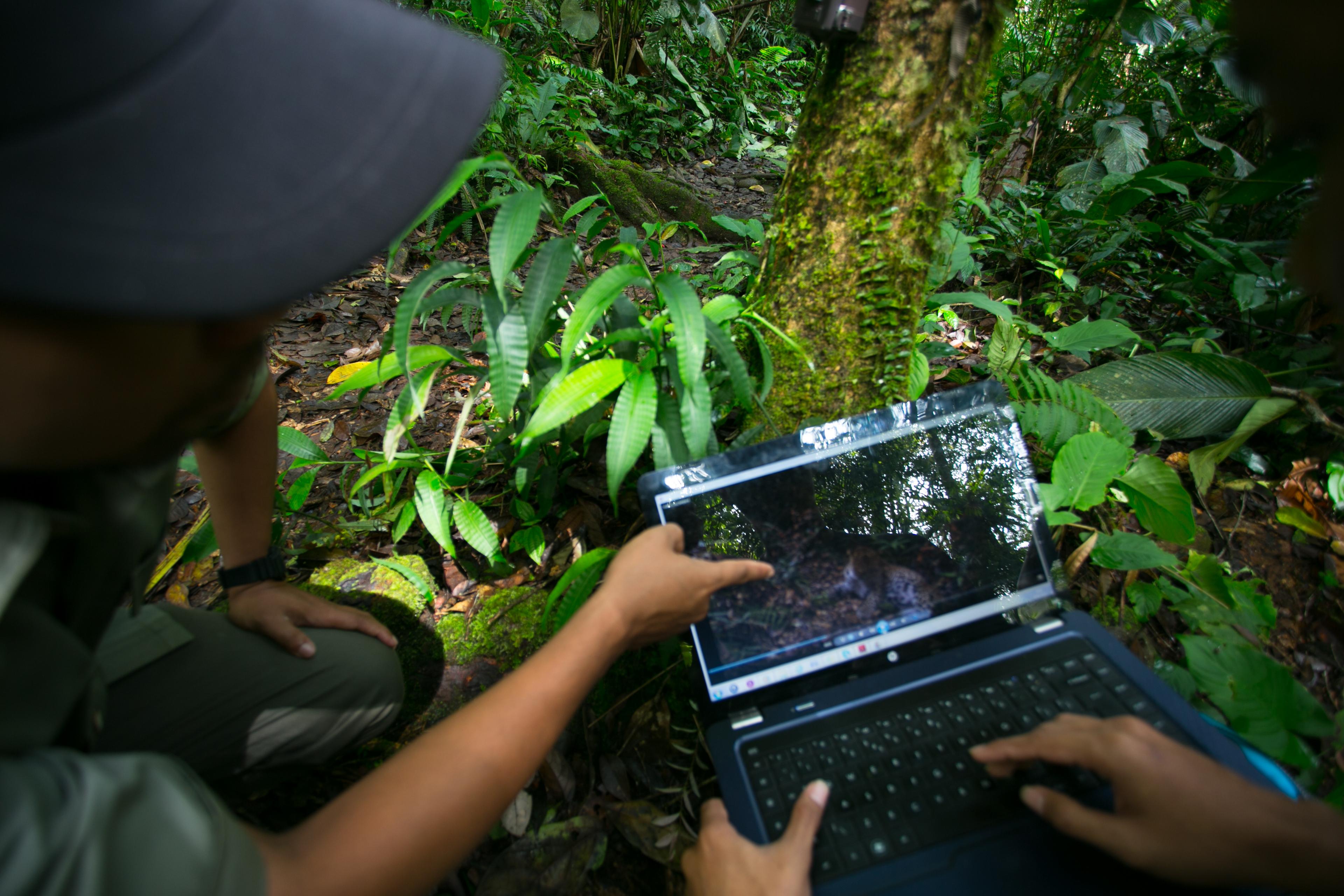Main points
- Anti-corruption initiatives in the forestry sector often disregard gender, while efforts to integrate gender into forestry activities do not necessarily consider corruption as a major obstacle to forest conservation and gender equality.
- Research has shown a link between poor corruption control and a high rate of deforestation. Illegal logging, the most common type of forestry corruption, strips forest cover, which has implications for global efforts to control climate change.
- Deforestation also hinders forest-dependent people’s livelihoods by decreasing their access to timber and non-timber forest products. Women appear to be disproportionately affected.
- Increasing women’s participation in community forestry institutions may improve forest governance and the sustainability of resources. However, it is not enough to just include women; their participation must be active and meaningful.
- Corruption risks should be taken into consideration when designing and implementing initiatives aimed at empowering women and promoting gender equality in the forestry sector.
- Donors can fund initiatives by international bodies, governments, civil society, and academic researchers that promote gender-sensitive approaches to anti-corruption efforts in the forestry sector.


